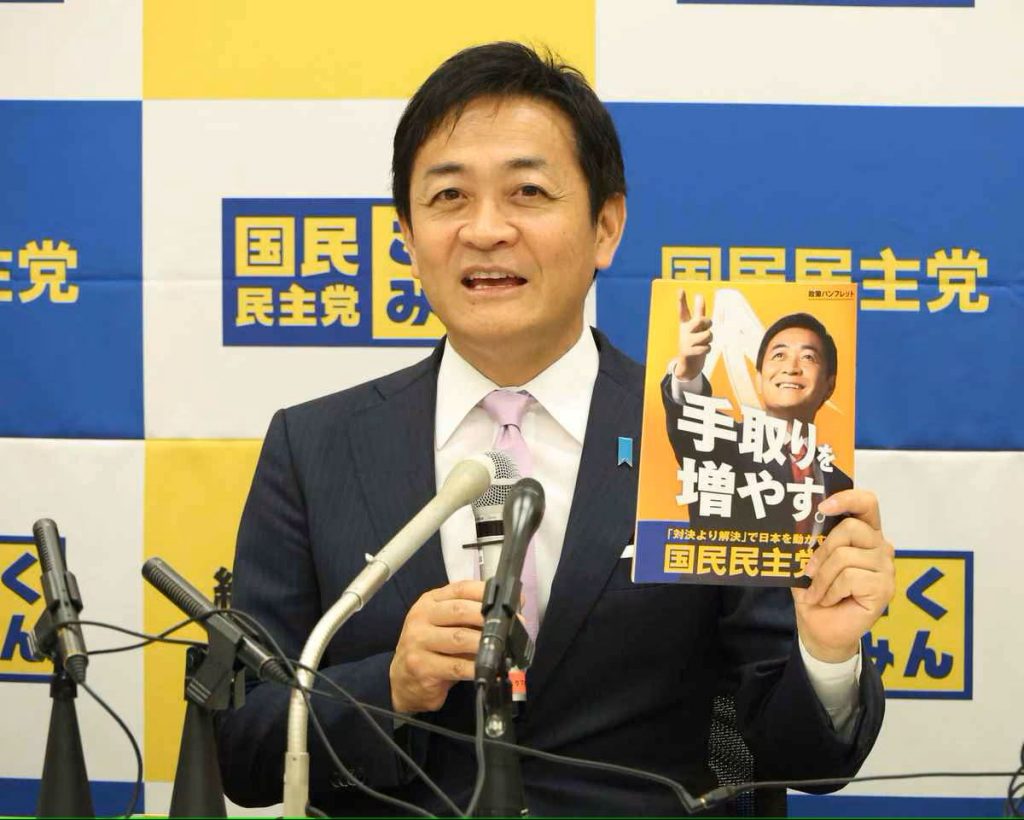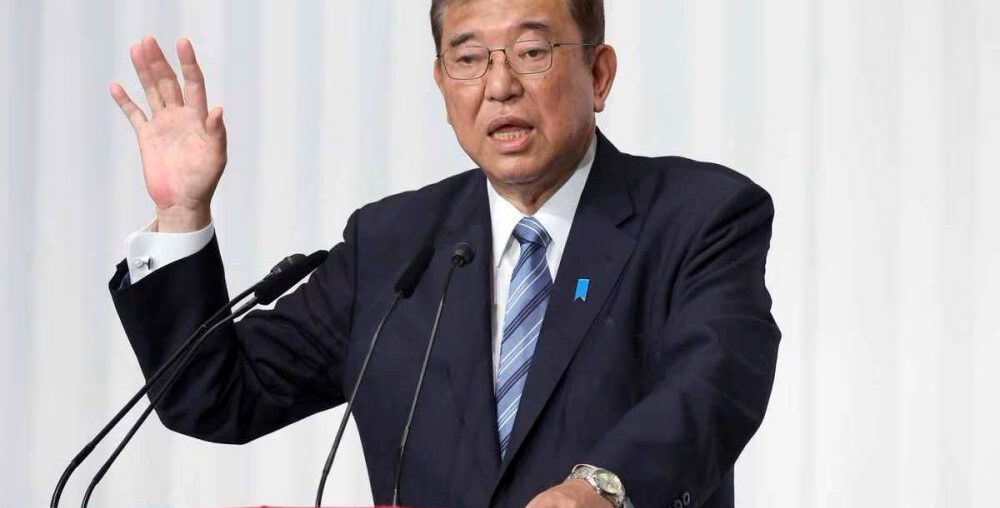Between November 2 and 3, the Sankei Shimbun and Fuji News Network (FNN) conducted a joint public opinion poll. The results show the approval rating of the Prime Minister Shigeru Ishiba Cabinet has dropped sharply to 43.8%. This represents a notable 9.5-point decline from the 53.3% recorded in the previous survey.
Sankei and FNN conducted that earlier survey on October 5 and 6, shortly after the administration’s inauguration. Disapproval of the administration has risen by 14.0 points to 49.8%, surpassing the approval rating. Such a shift, with disapproval overtaking approval just one month into the administration, is remarkably uncommon.
PM Support and Coalition Paths
In the recent Lower House election, the ruling Liberal Democratic Party (LDP) and Komeito parties lost their majority. When asked about the Prime Minister’s continuation in office, 55.3% of respondents supported him staying in his position, while 36.5% felt he should be replaced.
Following the October 27 general election, an upcoming prime ministerial election is set for the special Diet session on November 11. In a related poll question, LDP leader Ishiba emerged as the preferred candidate with 46.1%. He was followed by Constitutional Democratic Party (CDP) leader Yoshihiko Noda at 17.4%. Support for Democratic Party for the People (DPP) leader Yuichiro Tamaki was 10.2%, and Ishin no Kai leader Nobuyuki Baba at 2.7%.


When asked about the future direction of the administration, respondents provided closely matched responses. Approximately 31.1% indicated they think the CDP and other opposition parties will form a coalition to secure a majority and bring about a change in government.
Meanwhile, 30.5% believed that the LDP and Komeito would continue to govern while remaining below a majority. An additional 30.2% thought that the LDP and Komeito could form a new coalition with other parties to achieve a majority and sustain the administration.
DPP Gains, Voter Expectations
The DPP made significant gains in the recent election and now holds a crucial position in the Diet. In light of this development, 65.1% of respondents preferred it to demonstrate a flexible approach. They expressed a desire for the DDP to choose to support or oppose the ruling party on a policy-by-policy basis. This option emerged as the most favored among those surveyed.
In contrast, 21.9% of respondents favored the DPP’s continued position as an opposition force. A mere 9.5% expressed support for aligning with the ruling LDP and Komeito.
A key DPP policy has been its proposal to raise the income threshold of ¥1.03 million JPY (approximately $6,760 USD). It aims to remove this annual income cap, which limits income tax deductions. An overwhelming 77.2% agreed that it should be raised. This figure greatly exceeds the 16.6% who believed raising it is unnecessary.
LDP Scandal Reactions
Regarding the LDP, respondents were asked whether the issue of politics and money had been resolved. This scandal involved the non-disclosure of party income by factions within the LDP. Candidates who failed to disclose income participated in the election without endorsement.
A significant 85.5% of respondents felt that no resolution had been reached. In contrast, only 10.6% believed the issue had been resolved.


Regarding non-endorsed elected officials joining the LDP’s parliamentary group, 52.0% said doing so would be inappropriate. Additionally, 30.9% said it would not be a problem after a certain period has passed. Only 13.2% felt that there was no issue with joining immediately.
Methods
In the survey on cabinet approval ratings, if respondents gave unclear answers, they were asked to clarify by selecting approve or disapprove. The survey used Random Digital Dialing on both landline and mobile phones. It targeted eligible voters nationwide aged 18 years and older. A total of 1,012 people participated in the survey.
RELATED:
Read the article in Japanese.
Author: The Sankei Shimbun


